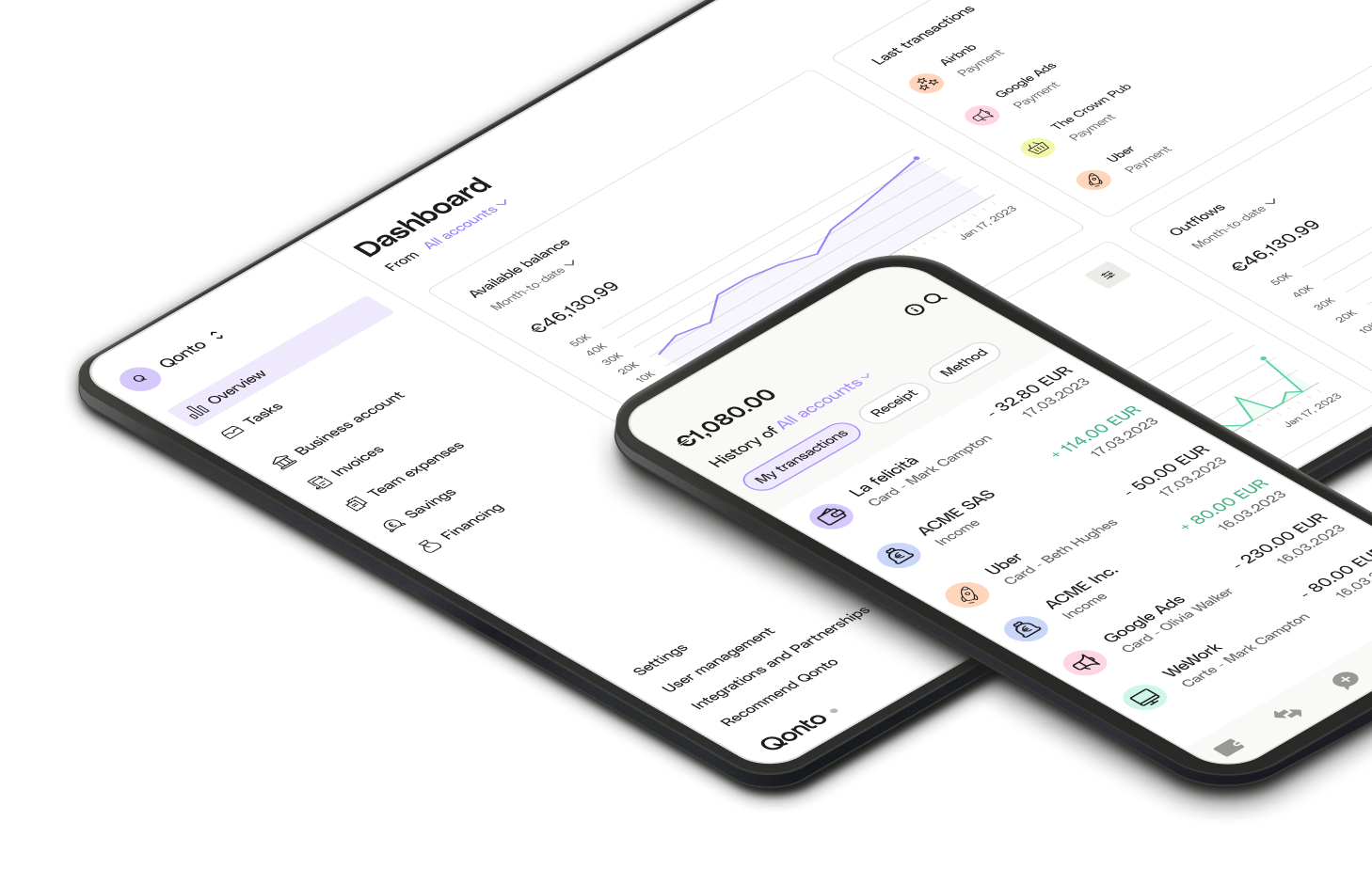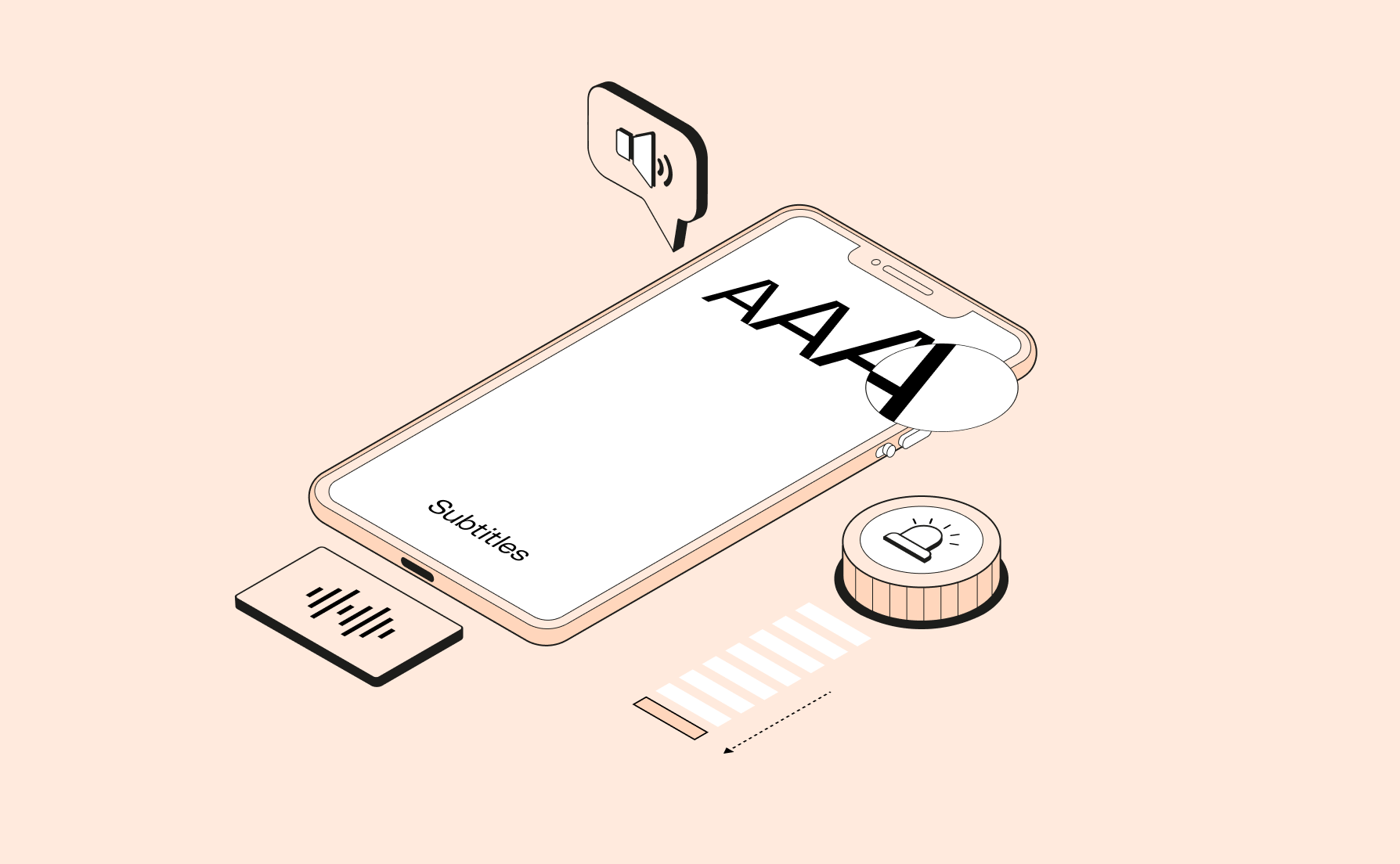Deciding on your legal status is an early step in setting up a business. You can't kick off a business without a legal framework... This decision is vital as it impacts crucial elements of your business, including:
- your social security, the extent of your social charges;
- your tax framework;
- your bookkeeping duties;
- whether or not you can team up with others.
In France, legal structures range from sole proprietorship to micro-enterprises, EURL, SASU, SARL, SAS, and more. This can vary across Europe and throughout the world. How do you find your way - and more crucially - choose wisely?
Before anything else, you need a clear outline of your project. You should have a good grasp of crucial elements like:
- if you're going it alone or teaming up with other people;
- the scale of your future business (forecasted revenue, employee hiring...)
- how much capital you plan on overseeing (in the near and medium-term future)
- financial projections and the amount of money you wish to earn for yourself.
Don't worry - nothing's set in stone. You can always switch your legal status down the road. However, this isn't the best scenario as it involves logistics, paperwork, and extra costs. Say you want to move from an SARL to an SAS, for instance. You'd need to alter the company's statutes in this instance. This step, which comes at a cost, also requires unanimous partner approval. These demands can stir tension if stakeholders aren't on the same page...
So, as you'd guess, to sidestep issues, it's best to get it right from the start. When in doubt, reach out to an accountant or lawyer for tailored advice and to avoid blunders that could affect your work and relationships with clients.









